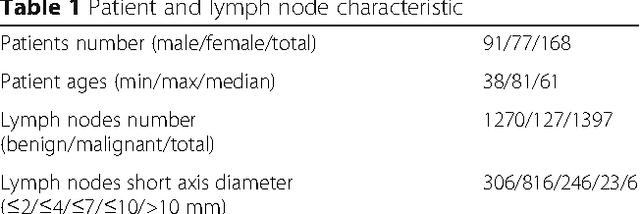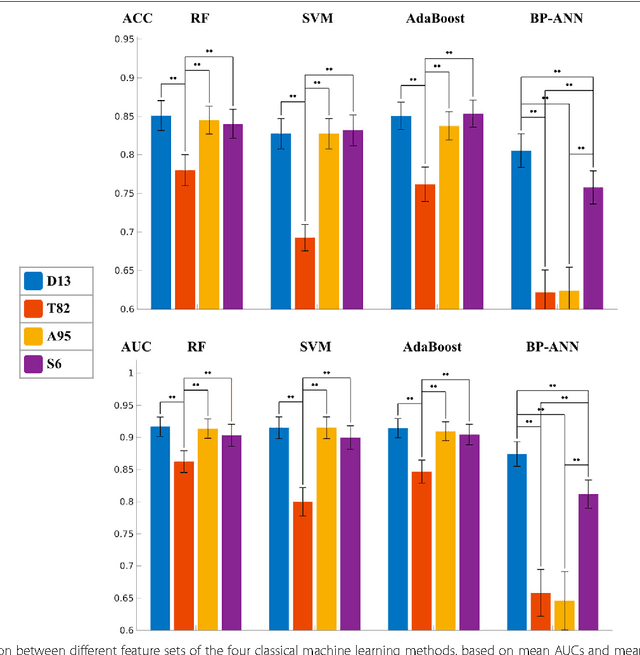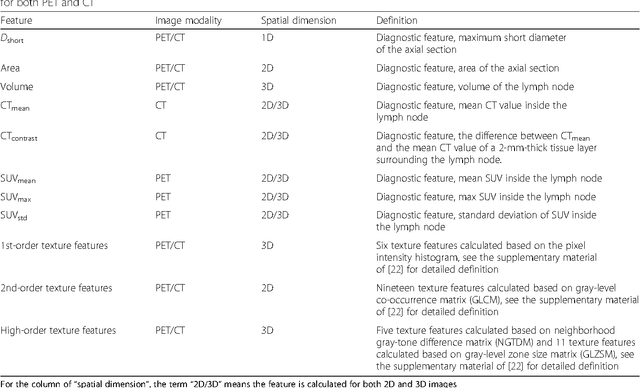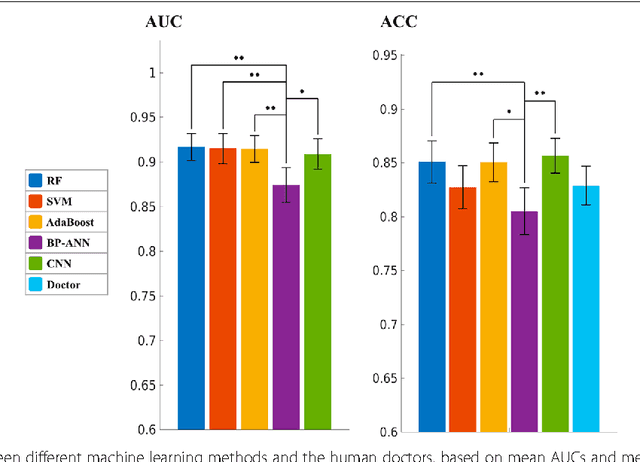Hongkai Wang
MAGI: Multi-Agent Guided Interview for Psychiatric Assessment
Apr 25, 2025Abstract:Automating structured clinical interviews could revolutionize mental healthcare accessibility, yet existing large language models (LLMs) approaches fail to align with psychiatric diagnostic protocols. We present MAGI, the first framework that transforms the gold-standard Mini International Neuropsychiatric Interview (MINI) into automatic computational workflows through coordinated multi-agent collaboration. MAGI dynamically navigates clinical logic via four specialized agents: 1) an interview tree guided navigation agent adhering to the MINI's branching structure, 2) an adaptive question agent blending diagnostic probing, explaining, and empathy, 3) a judgment agent validating whether the response from participants meet the node, and 4) a diagnosis Agent generating Psychometric Chain-of- Thought (PsyCoT) traces that explicitly map symptoms to clinical criteria. Experimental results on 1,002 real-world participants covering depression, generalized anxiety, social anxiety and suicide shows that MAGI advances LLM- assisted mental health assessment by combining clinical rigor, conversational adaptability, and explainable reasoning.
Comparison of machine learning methods for classifying mediastinal lymph node metastasis of non-small cell lung cancer from 18F-FDG PET/CT images
Feb 07, 2017



Abstract:The present study shows that the performance of CNN is not significantly different from the best classical methods and human doctors for classifying mediastinal lymph node metastasis of NSCLC from PET/CT images. Because CNN does not need tumor segmentation or feature calculation, it is more convenient and more objective than the classical methods. However, CNN does not make use of the import diagnostic features, which have been proved more discriminative than the texture features for classifying small-sized lymph nodes. Therefore, incorporating the diagnostic features into CNN is a promising direction for future research.
 Add to Chrome
Add to Chrome Add to Firefox
Add to Firefox Add to Edge
Add to Edge